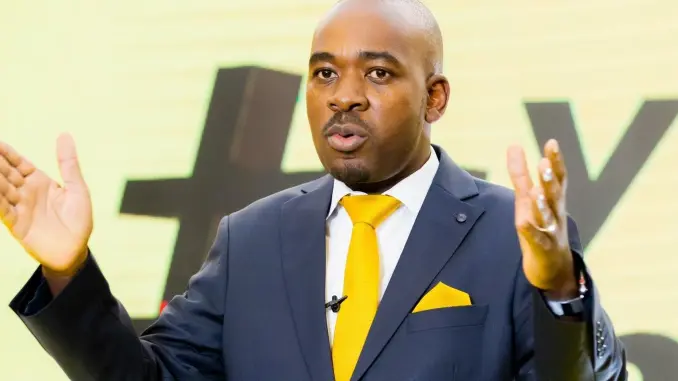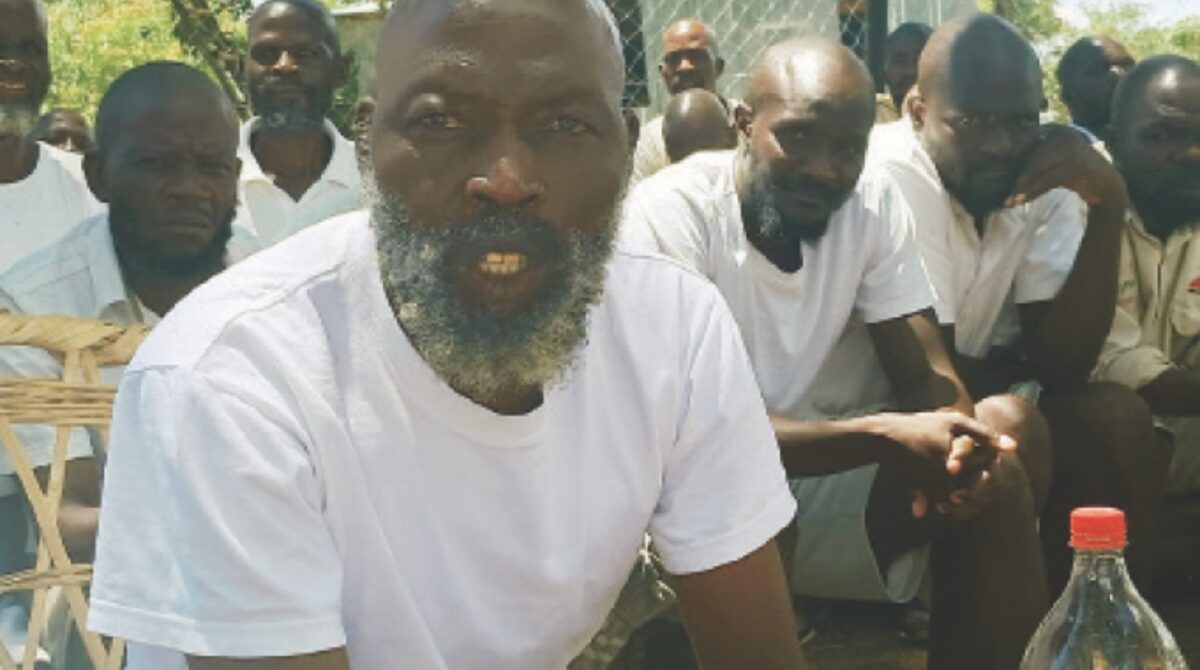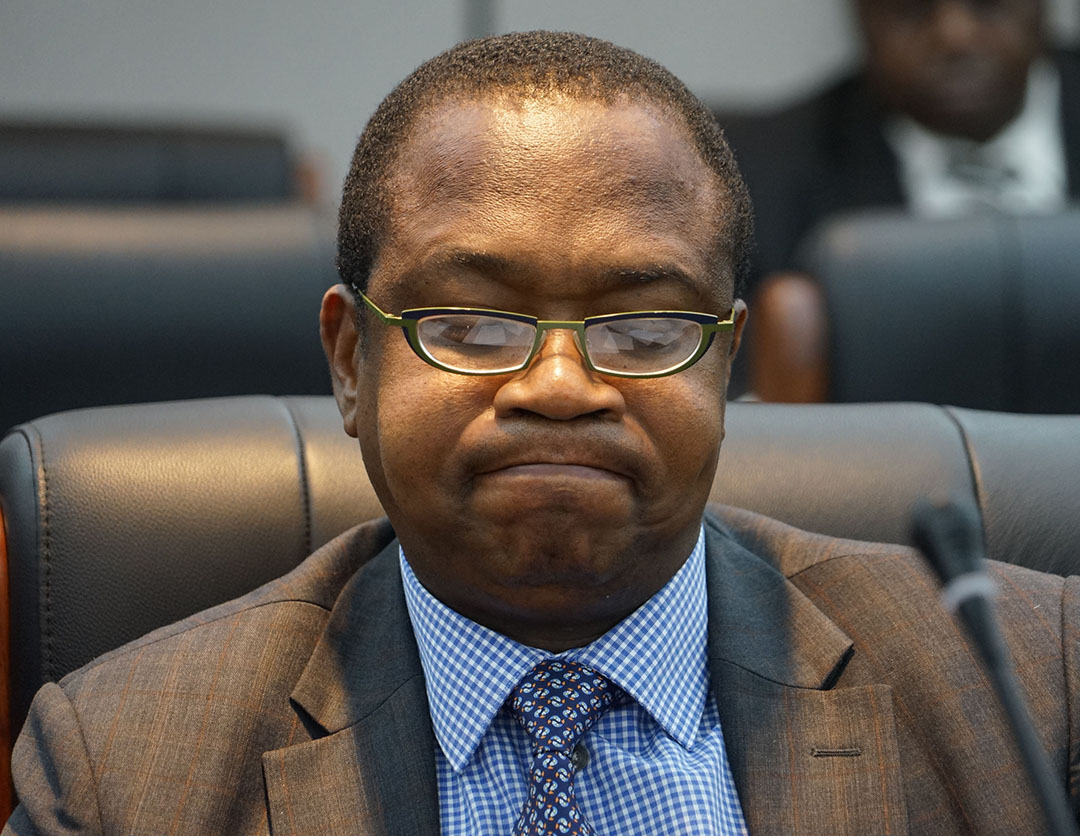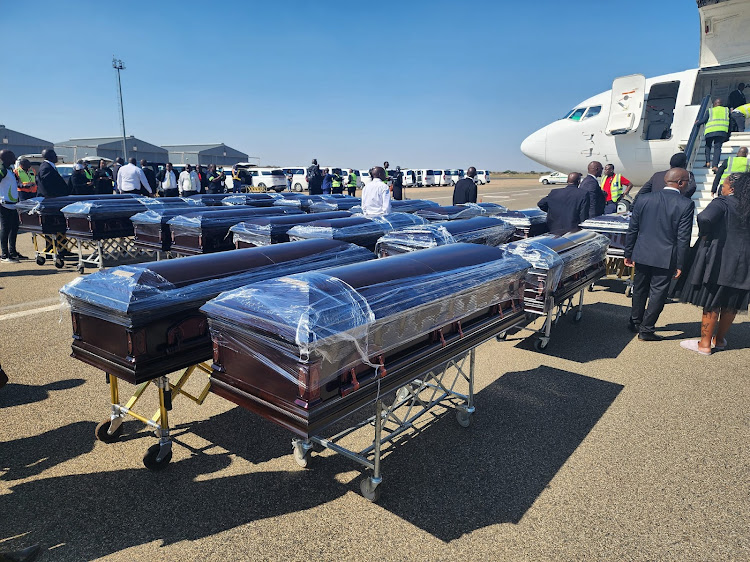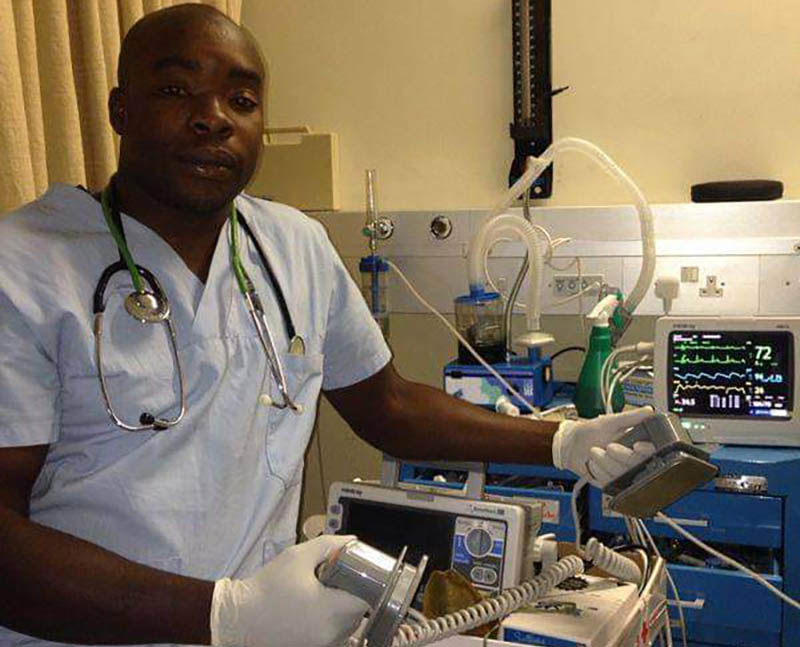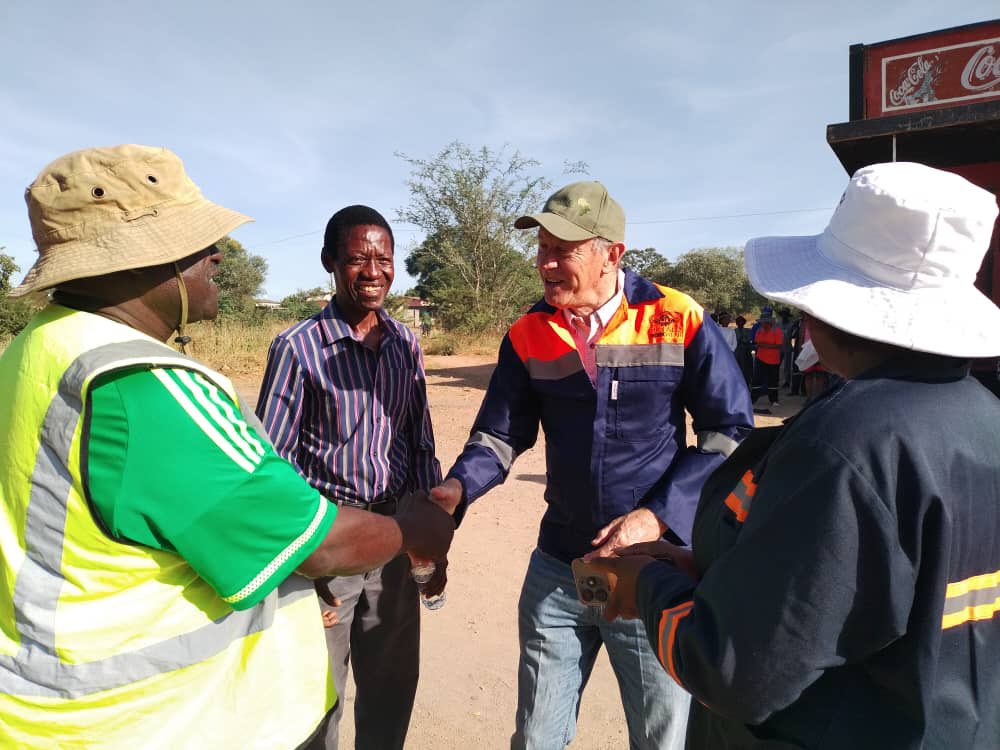HARARE – Citizens Coalition for Change (CCC) leader Nelson Chamisa Wednesday met and told the visiting Commonwealth team how the Emmerson Mnangagwa led administration continues to persecute opponents and enact laws that sought to shrink the country’s democratic space.
The Commonwealth delegation led by Prof Luis Franceschi is in Zimbabwe to consult with various key stakeholders on the country’s readiness for possible readmission into the grouping.
Respect for human rights is key among the benchmarks set by the Commonwealth for Zimbabwe to be readmitted into the famous club of former British colonies.
However, in a meeting, the country’s most influential opposition figure at the moment endorsed Zimbabwe’s bid to rejoin the Commonwealth but indicated there was still a lot to be addressed in terms of Zimbabwe becoming a truly democratic state.
Chamisa said Zimbabwe’s readmission bid into the Commonwealth would be in vain if political toxicity and divisions continue to fuel national polarisation.
The opposition chief told the mission how the Zanu PF led administration has presided over selective application of the law and targeted civil society for forms of repression.
“We also noted the absence of genuine, inclusive and comprehensive dialogue,” Chamisa told the media during a news conference in Harare Wednesday.
“We made reference to the closure of democratic space through the enactment of repressive and undemocratic anti-people legislation including the PVO Bill, Maintenance of Order and Peace Act and the proposed Patriotic Bill.
“We highlighted the attack and persecution of civic society including human rights defenders, trade unions, the student movement, teachers, journalists, lawyers, the church, politicians and citizens in general.
“The police have been incapacitated (probably) by Zanu PF and are unable to deal with incidents of incitement to violence by Zanu PF including cabinet members and criminal complaints against Zanu PF members.”
On Tuesday, opposition activists commonly referred to as the Nyatsime 14, were finally granted bail by the High Court after spending more than 150 days under pre-trial detention at Chikurubi Maximum Prison.
The release of the activists was viewed as an attempt to hoodwink the delegation into the belief the country’s judicial system was not biased against Zanu PF opponents, as alleged by the opposition.
Chamisa said the country’s exit from the Commonwealth 2003 at the behest of its then leader Robert Mugabe was “selfish and ill-conceived”.
“We call for a value-based, principles-driven, time-bound and process-benchmarked re-admission of Zimbabwe to the Commonwealth guided by the Commonwealth Charter and Harare Commonwealth Declaration of 1991.
“Our firm view is that Zimbabwe must normalize relations with all progressive nations and global institutions including the Commonwealth in pursuit of mutual co-operation and the national interest.
“In any event, the withdrawal of Zimbabwe from the Commonwealth was a unilateral, ill-conceived, partisan political act. It was not in pursuit of the common, national and public interest. Currently, bad politics is standing in the way of Zimbabwe’s re-admission to the Commonwealth,” said Chamisa.
Mnangagwa’s administration has been working to end the country’s two-decade international isolation, and the Common Wealth readmission is seen as a step in that direction.

